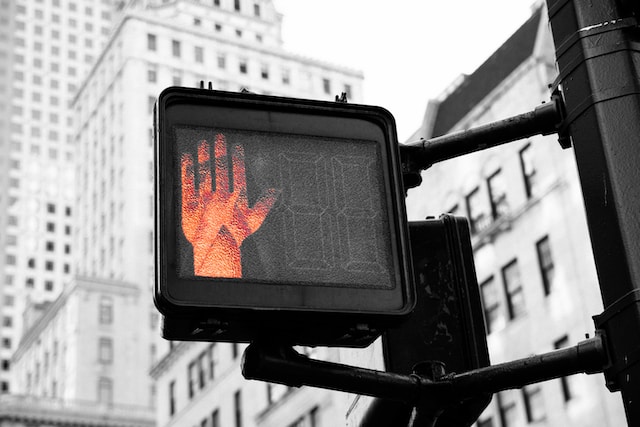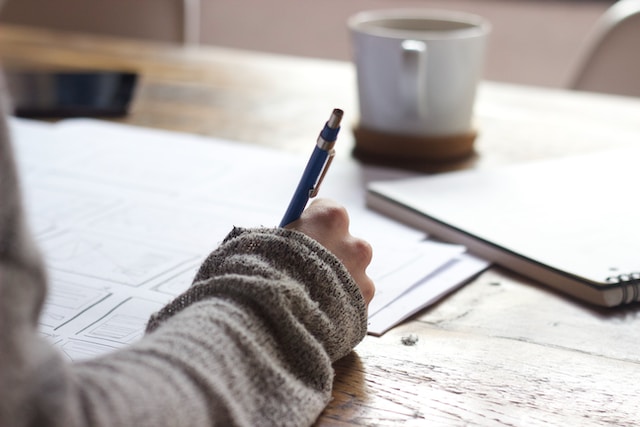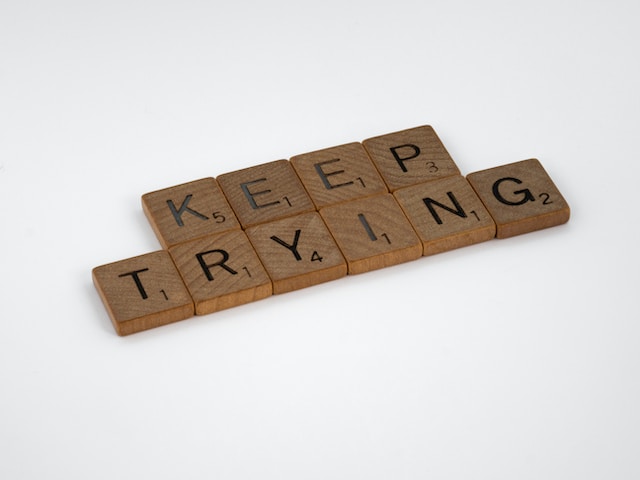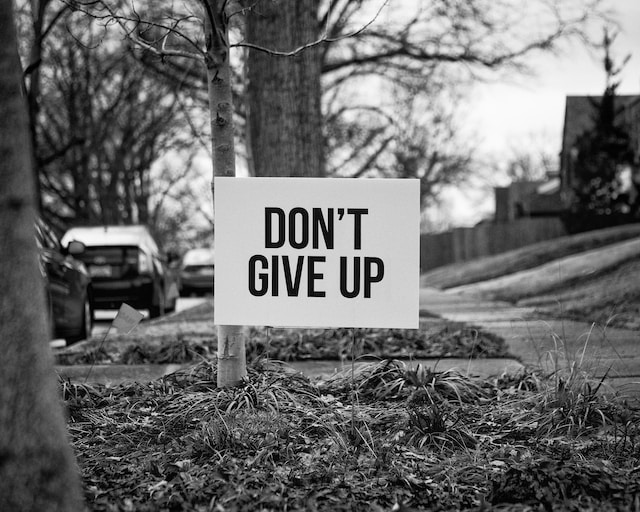Tips for Avoiding Relapse
Tip One: Try to control your exposure to triggers, which may involve making sacrifices
You have more control than your craving when you are not exposed to a trigger.
Examples of a trigger:
- Going to a party with alcohol
- Hanging out with alcohol-drinking friends
If you used during a specific activity, such as watching a game on TV with friends, you may have to change your routines.
Ex: Not watching the game, or making new friends
It is not easy, but the sacrifices help in your recovery.


Tip Two: Try to wait out urges to use and remind yourself that cravings will pass
If you try to distract yourself for 30 minutes, it is likely that your craving will become less intense.
It is easier to control even if it does not completely disappear.
It is similar to the feeling when you are sick and you cannot remember what it feels like to be not sick.
However, if you give it time the feeling will go away.
Tip Three: Replace drug use with new positive activities and come up with new rituals
If you used to go out after school and drink, finding a new after school activity can occupy that time.
Boredom and inactivity during the time you used to spend with drugs can be dangerous.
Try joining a club or a sport that you enjoy.
If using alcohol or other drugs is how you celebrate holidays or major life events, try to find new positive ways to celebrate.


Tip Four: Don’t try to do it alone
Sharing your goals of sobriety with a friend can make a big difference.
Accountability is important and sharing can give you a friend that holds you accountable when you are making questionable decisions.
Ex: If you say you want to hang out with your friends that are frequent drug users and you say you won’t use, your friend can help you stay away and think of an alternative option.
Friends can also be there for support when you are struggling.
Tip Five: Have a plan for when things get bad, because it is likely this will happen at some point
Life gets hard, people lose their jobs, get heartbroken, and lose family.
Keep a plan of how to get through major life events without using drugs prior to these events happening.


Tip Six: Don’t become complacent with your sobriety
If you someday consider having “just one drink at a party”, don’t make that decision lightly.
If you’ve struggled with addiction in the past, you are much more likely to develop an addiction again.
Tip Seven: If you do relapse, don’t give up
A lot of people find it helpful to keep track of how long they have been sober but don’t confuse this count with your true goal of leading a good life.
You may be 100 days sober, but if you make a mistake and end up back at zero you are not starting over.
You have gained knowledge, experience, and confidence, and slipping up is not a license to go on a binge.
